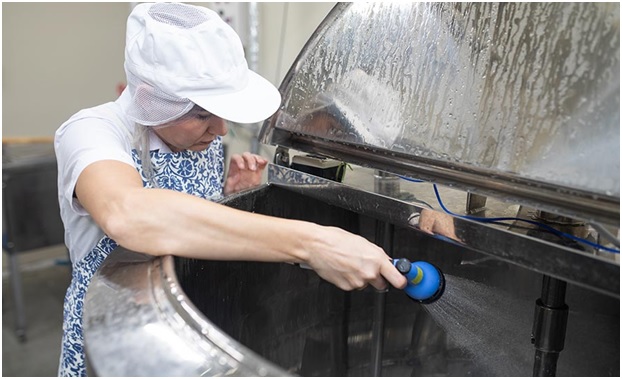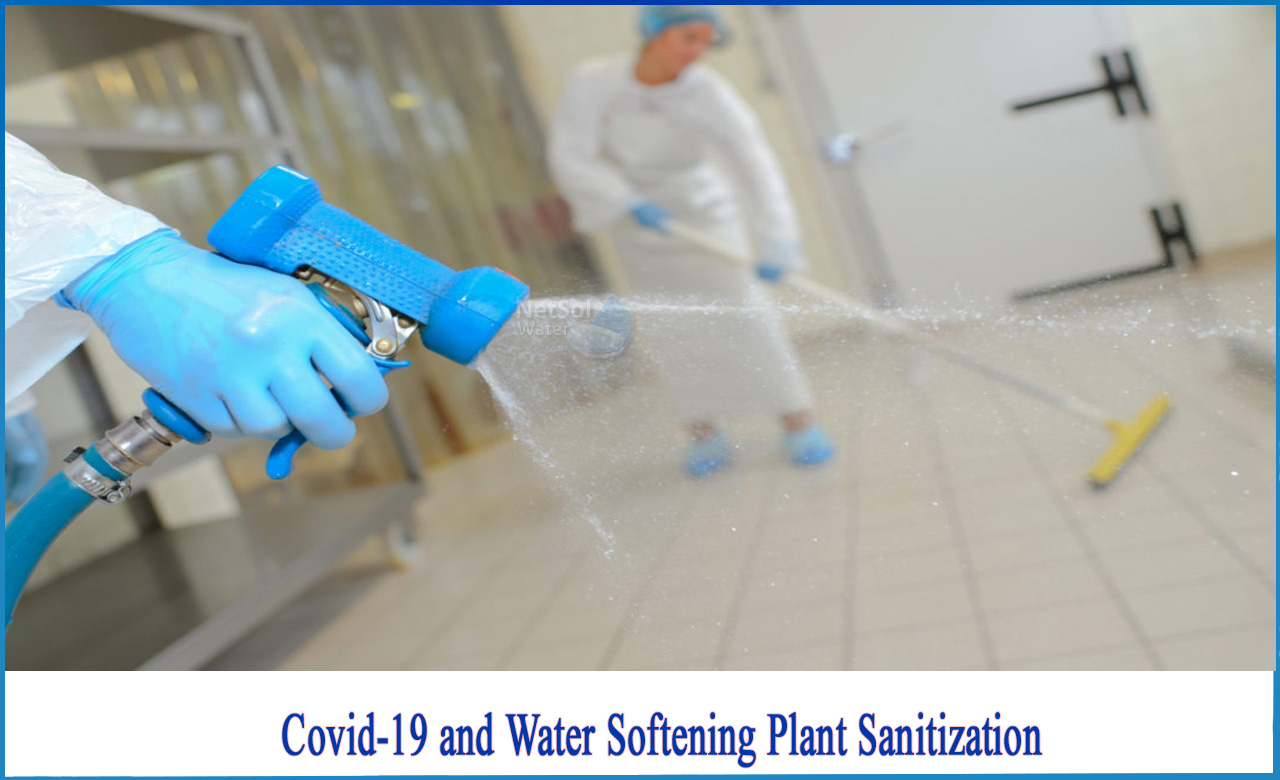What is the Impact of COVID-19 on the Water softening plant?
COVID-19 pandemic has disrupted daily activities in a variety of industries around the world. The extent of its impact on the global economy and its key sectors, particularly water, wastewater, and related industries such as agriculture, remains unknown.
The preliminary effects of COVID-19 on India's water resources, particularly river water quality, water usage in domestic and commercial sectors, wastewater treatment sector, and agriculture sector, are well documented. The limitations of the existing system's operation and management of water resources are identified. There is also a need for additional research to determine the extent of the impact and contributing factors in order to improve our understanding of the natural system for preparing, monitoring, and implementing policies to manage water resources during future pandemics/epidemics.
RIVER WATER QUALITY
Because India's sewage treatment capacity can only treat 38% of the sewage generated, more than 38,000 million liters of untreated sewage are discharged into rivers every day. On top of that, industrial effluents pollute the rivers even more. Due to the nationwide lockdown imposed for COVID-19, many industries in India, ranging from large to small scale, were closed from March 22, 2020 to September 30, 2020. During this time, many rivers' water quality and quantity have improved in a short period of time, particularly the Ganga, which runs 2,575 kilometers and covers a wide range of landmass.
DOMESTIC AND COMMERCIAL WATER SECTOR
Domestic and commercial water sectors were also disrupted during the COVID-19 lockdown, similar to river water quality. Domestic water demand has increased while non-domestic (commercial, industrial, and institutional) demand has decreased. The net effect of these changes varies depending on the proportion of domestic and non-domestic water usage across the major economic sectors. Many municipalities have seen a 25 percent increase in domestic water consumption.
WASTEWATER SECTOR
The COVID-19 virus is encased in a fragile external membrane, making it less stable and more susceptible to oxidants. As a result, when compared to other viruses that allow for water-based transmission, this type of virus may quickly become inactive. The extent to which the coronavirus persists and potentially remains infectious in wastewater is determined by a number of factors, including the duration of residence in the water, the type of treatment used, and the prevailing environmental conditions.
The World Health Organization (WHO) has confirmed, however, that the human coronavirus may only survive two days in dechlorinated water and hospital wastewater. In the past, monitoring the community sewage for the presence of virus was critical in determining the total cases (both symptomatic and asymptomatic cases). Effective surveillance will aid in the identification of infection hotspots at the sewer shed level.
SANITIZATION OF WATER SOFTENING PLANTS AND ITS IMPORTANCE

It is neither necessary nor possible to keep water treatment equipment and/or drinking water sterile, nor is it possible to completely eradicate or destroy all microorganisms in drinking water. The procedures and practices described here, on the other hand, can effectively sanitize, maintain sanitary conditions, and disinfect water treatment equipment.
The process of treating or cleaning inanimate objects (particularly water treatment equipment and associated installation and/or handling materials and tools) is referred to as "sanitizing." "Sanitary" denotes a satisfactory level of cleanliness as well as a safe or controlled microbial level. The term "disinfection" refers to the removal of harmful microorganisms from water or water-contacting surfaces, as determined by the absence of pathogenic (disease-causing) and/or indicator coliform bacteria. It is important to note that the procedures described here only apply to potable water applications; other applications may necessitate a different approach.
Some guidelines are as follows:
· Always follow the manufacturer's procedures for service, part replacement, and operating procedures; when the system manufacturer provides detailed sanitation procedures, the manufacturer's procedures should be followed rather than the general procedures provided in this guidance.
· Choose a disinfection solution.
· Also, consult the Centers for Disease Control and Prevention's list of disinfectant limitations (CDC).
· When cleaning wet surfaces with soap, use liquid dish soap; the simpler the better, and avoid types that contain scents, whiteners, antibacterial agents, and other additives.
· When mixing and using disinfectant solutions, always follow the disinfectant manufacturer's safety precautions and consult the Safety Data Sheet (SDS) for the specific disinfectant chemical being used (gloves and safety glasses recommended)
· Cleaning and rinsing water must be potable and microbiologically safe.
A standard operating procedure, also known as a SOP, is a set of step-by-step instructions that describe how operators perform routine tasks. An SOP frequently includes a list of the materials and supplies required, as well as references to industry standards, equipment manuals, and regulatory requirements.
Written SOPs help ensure that every operator at your facility follows consistent and correct procedures, that your utility adheres to industry best practices, and that your plant complies with regulatory requirements.
SOPs are more important than ever during COVID-19. SOPs help new operators get up to speed quickly and ensure nothing important is missed when staff turnover occurs or outside operators assist during an emergency.
All of this helps in sanitization process of water softening plants and every other product related to drinking water. It has become a necessity to sanitize before use, as it’s a very important step to keep people safe from this infectious disease.
For more information, consult Netsol water Solutions!
Netsol Water is Greater Noida-based leading water & wastewater treatment plant manufacturer. We are industry's most demanding company based on client review and work quality. We are known as best commercial RO plant manufacturers, industrial RO plant manufacturer, sewage treatment plant manufacturer, Water Softener Plant Manufacturers and effluent treatment plant manufacturers. Apart from this 24x7 customer support is our USP. Call on +91-9650608473, or write us at enquiry@netsolwater.com for any support, inquiry or product-purchase related query.



